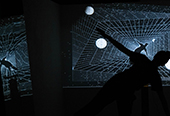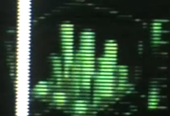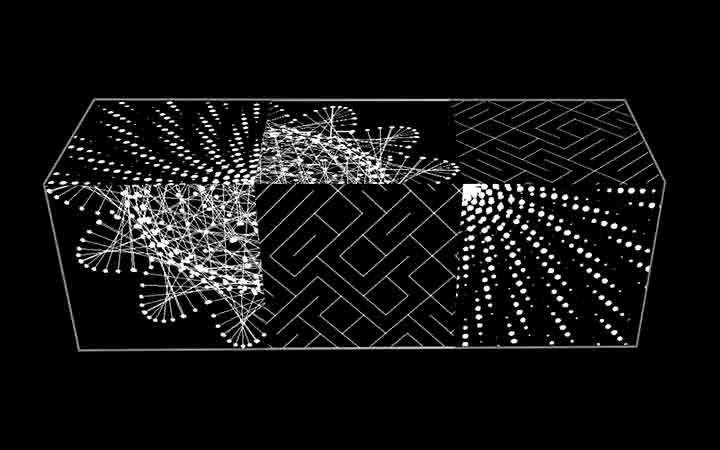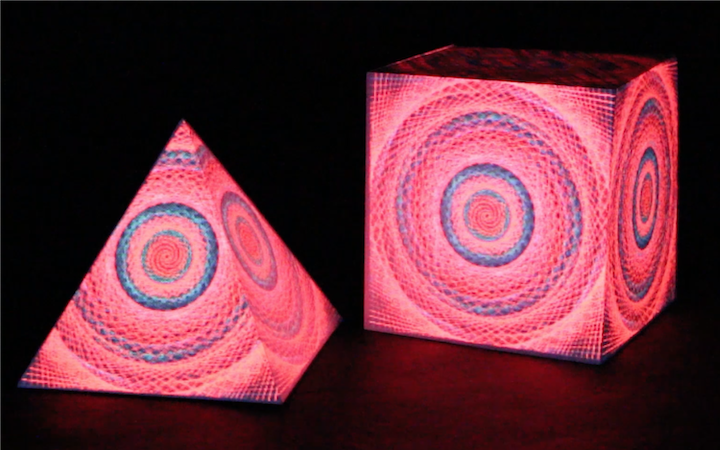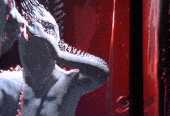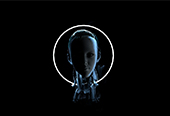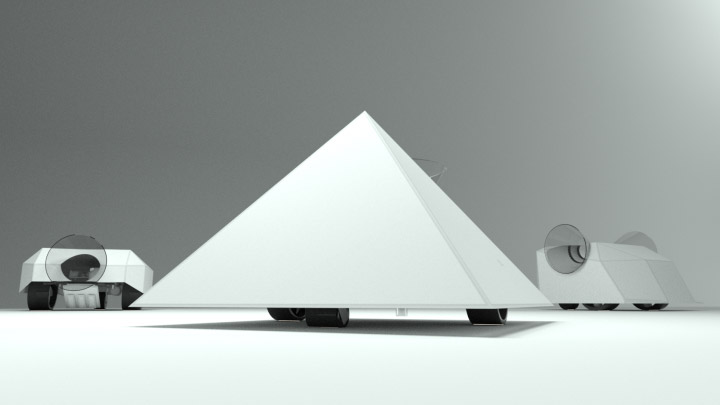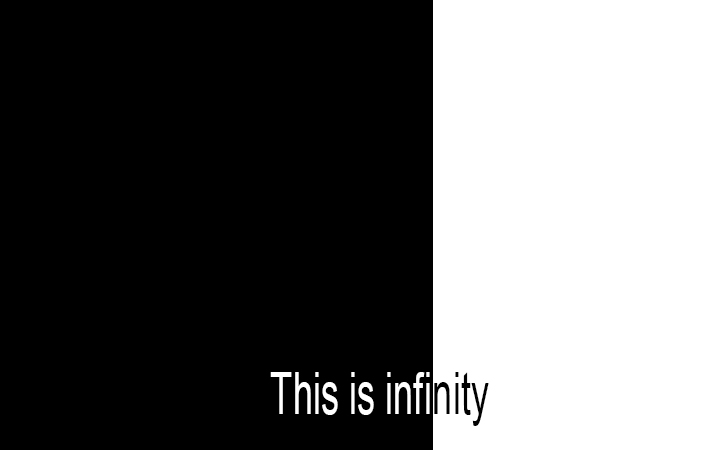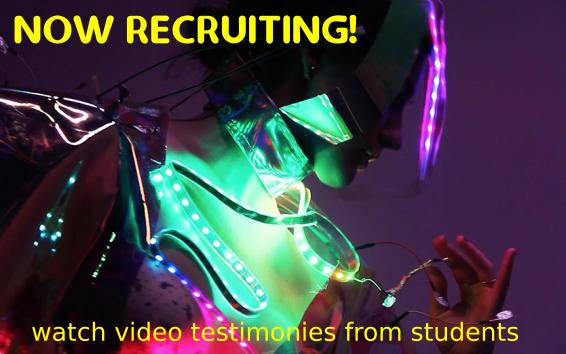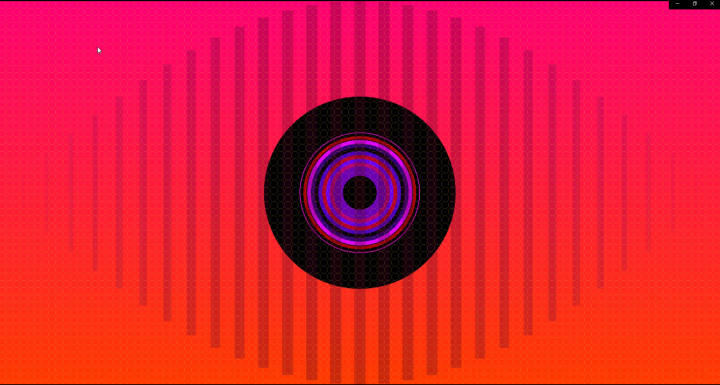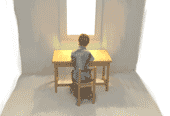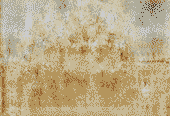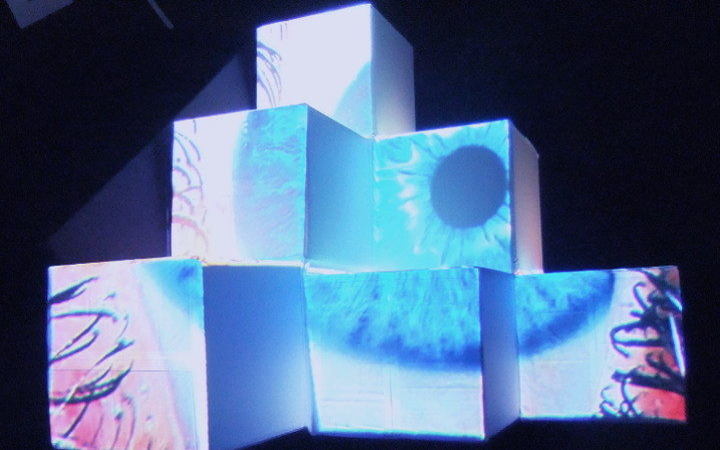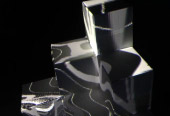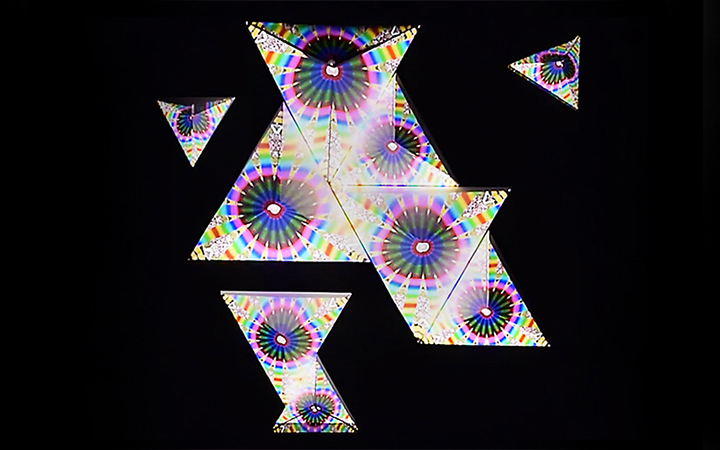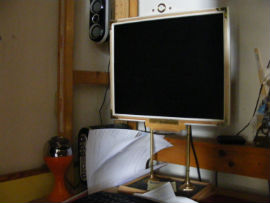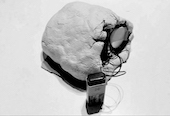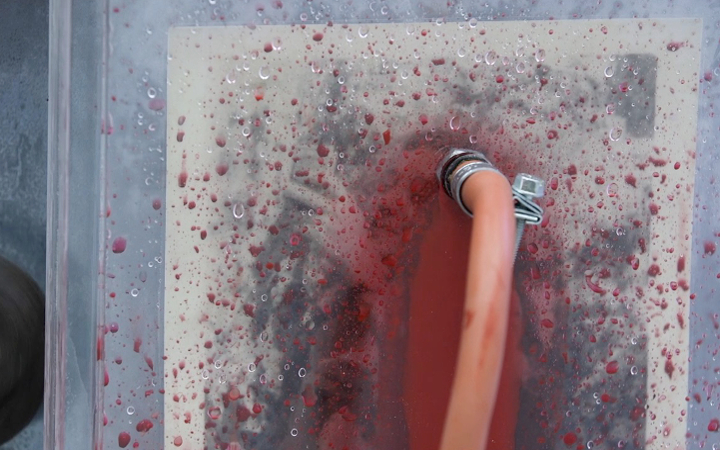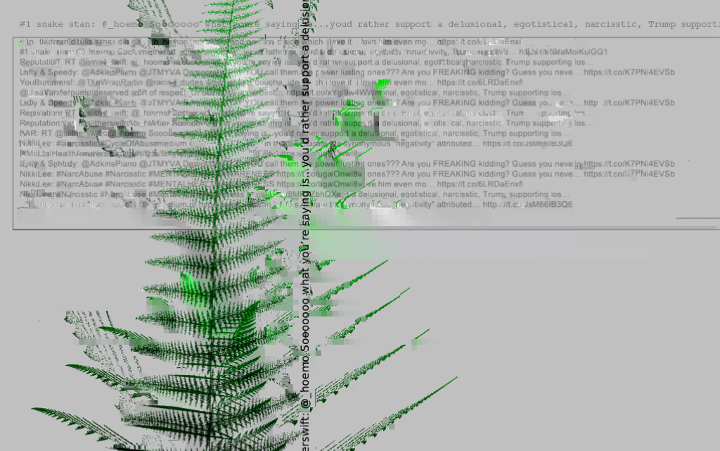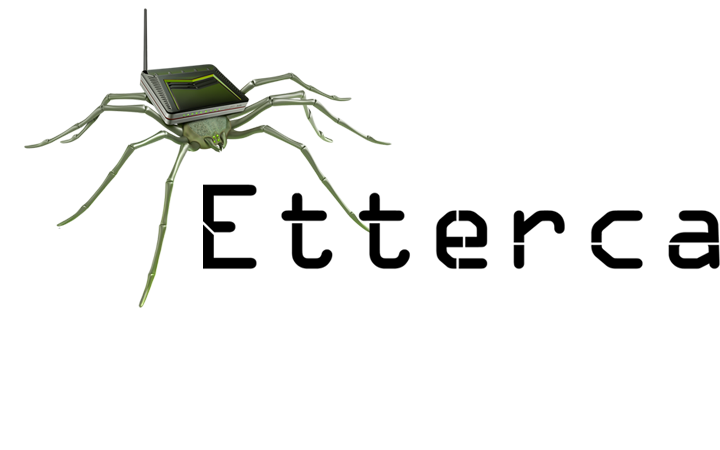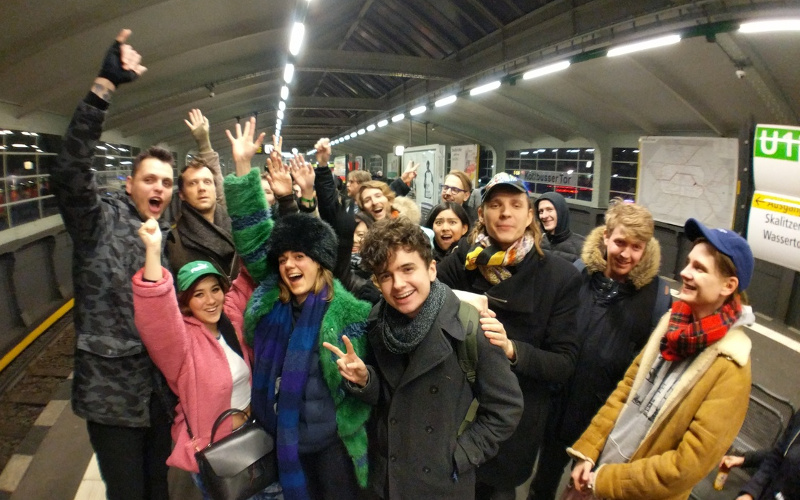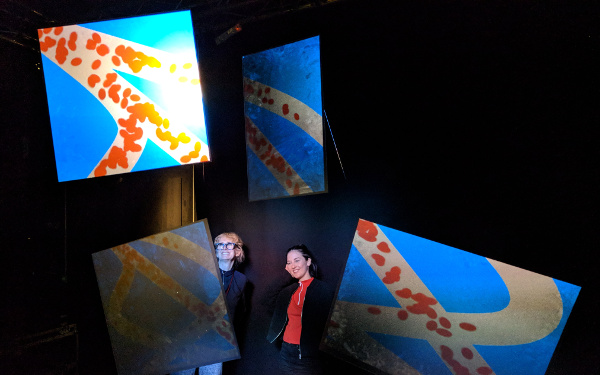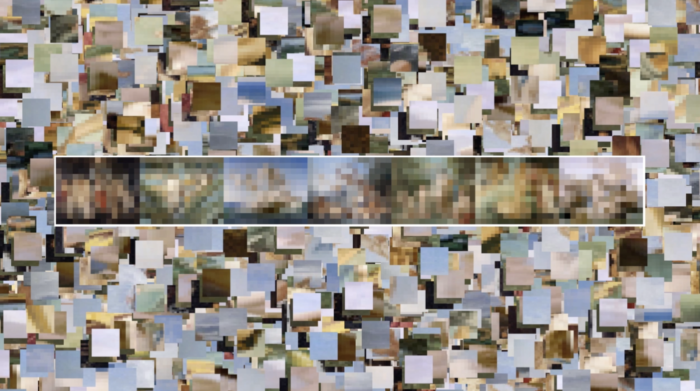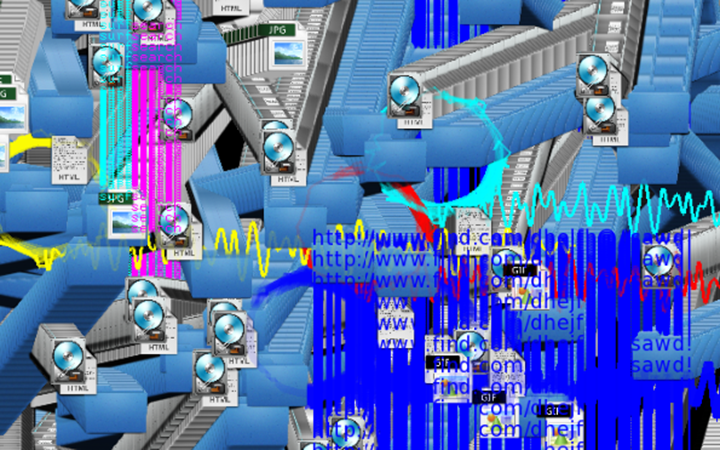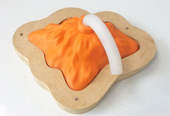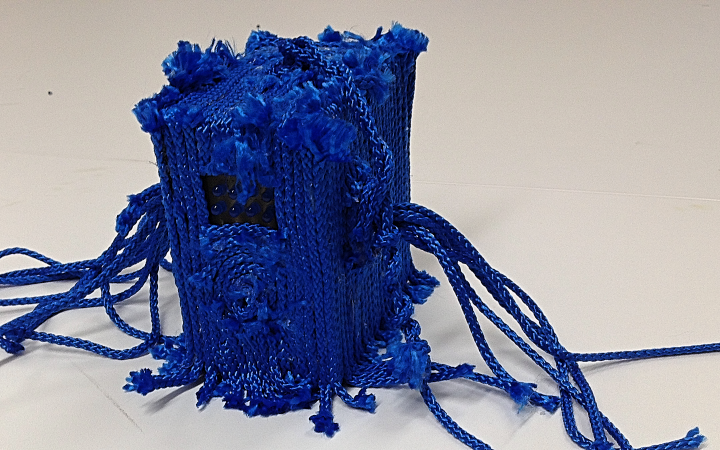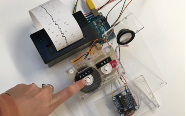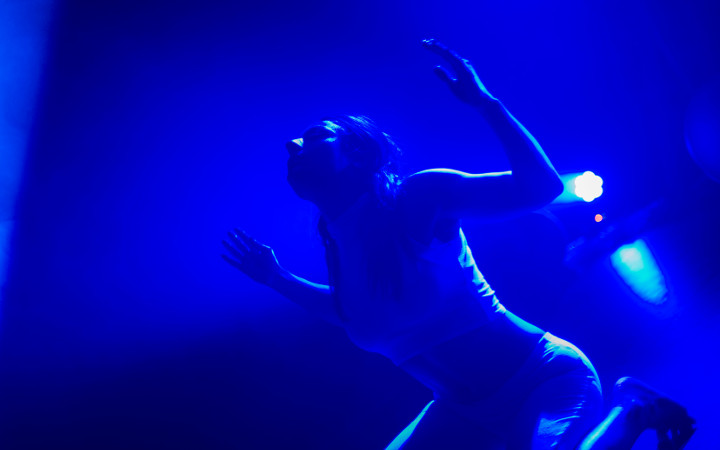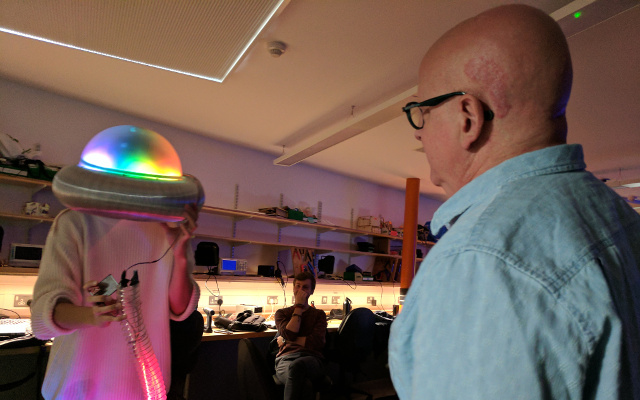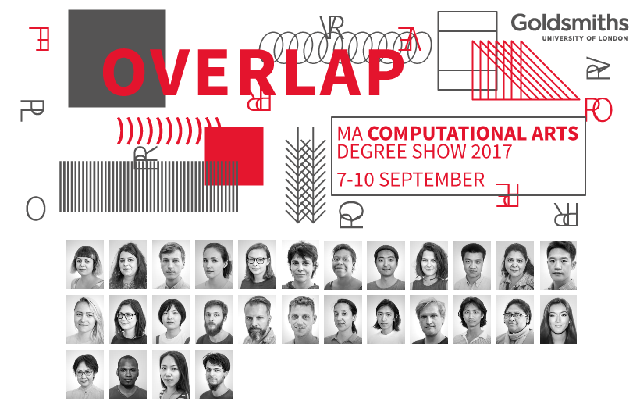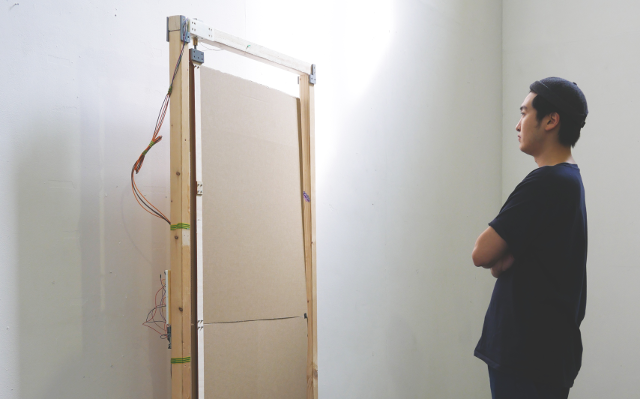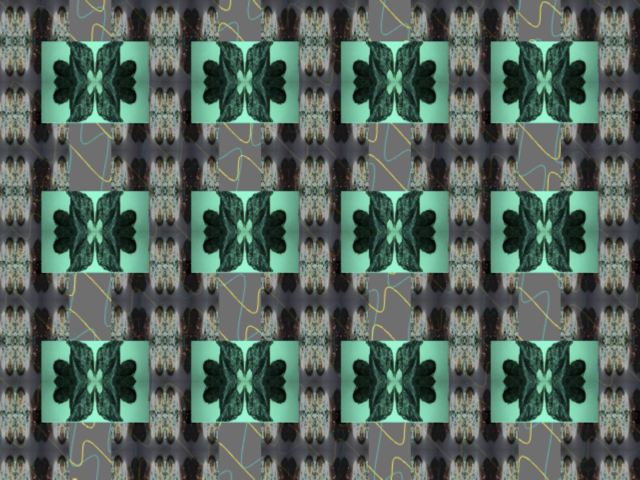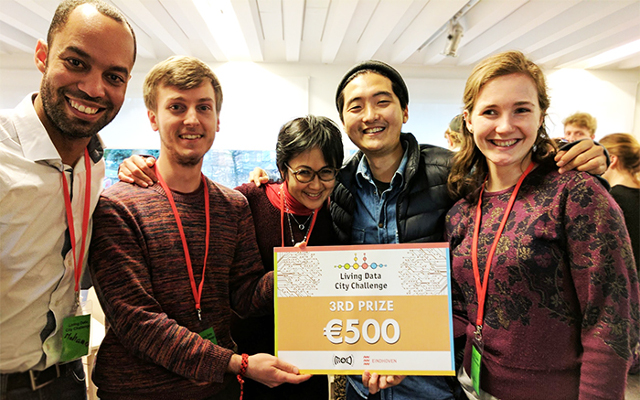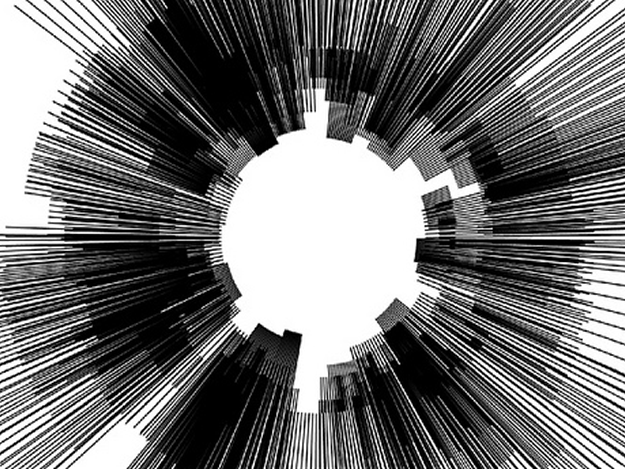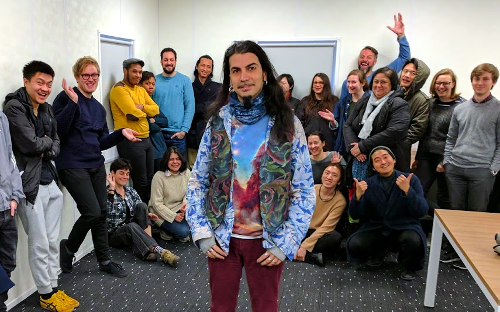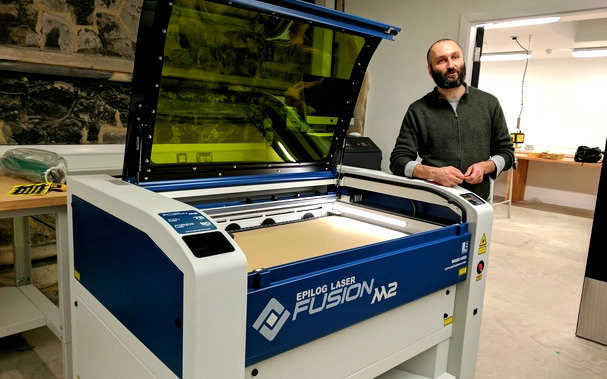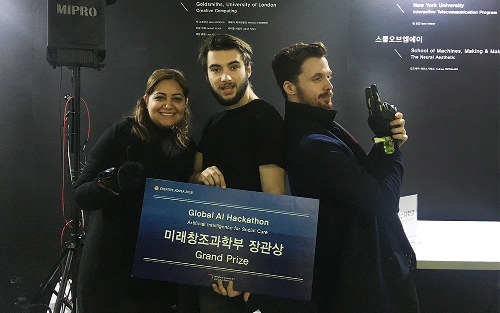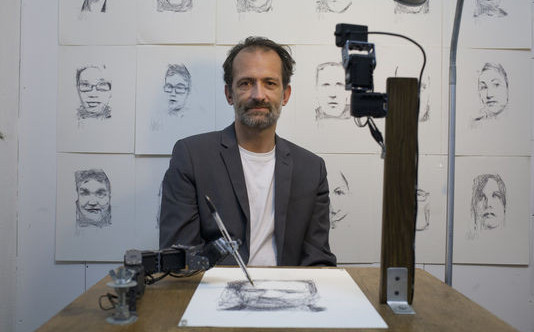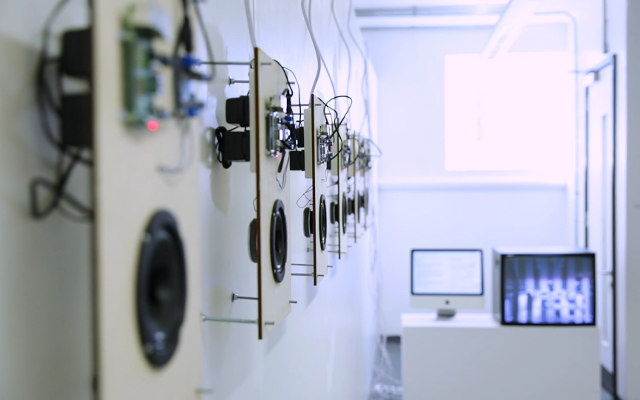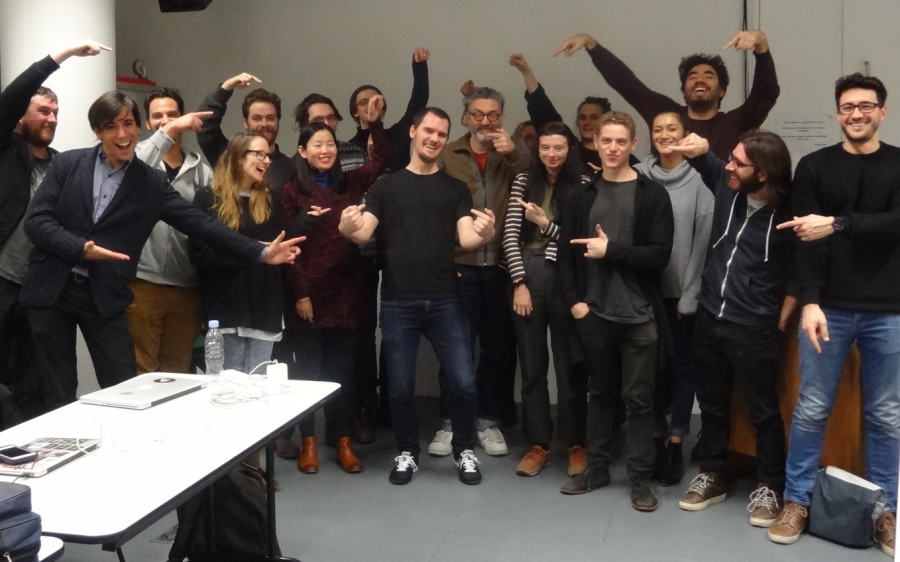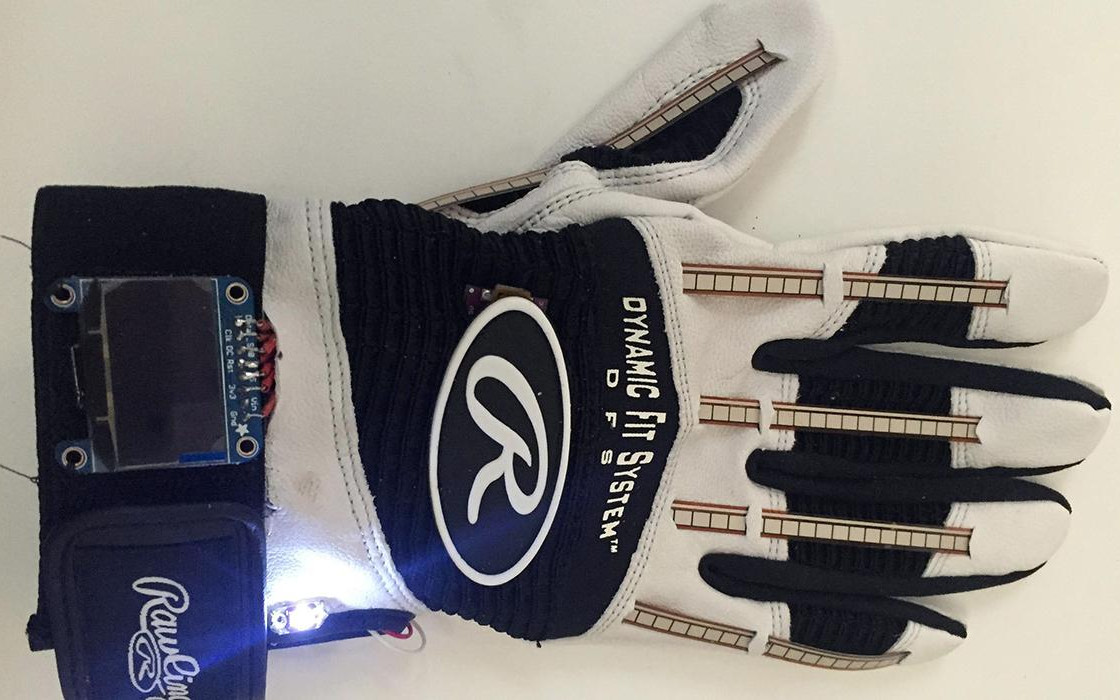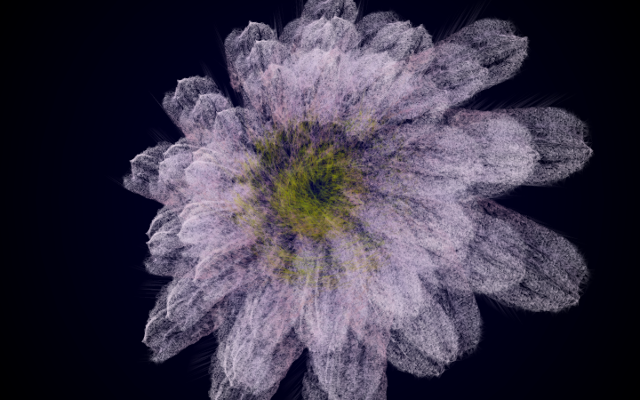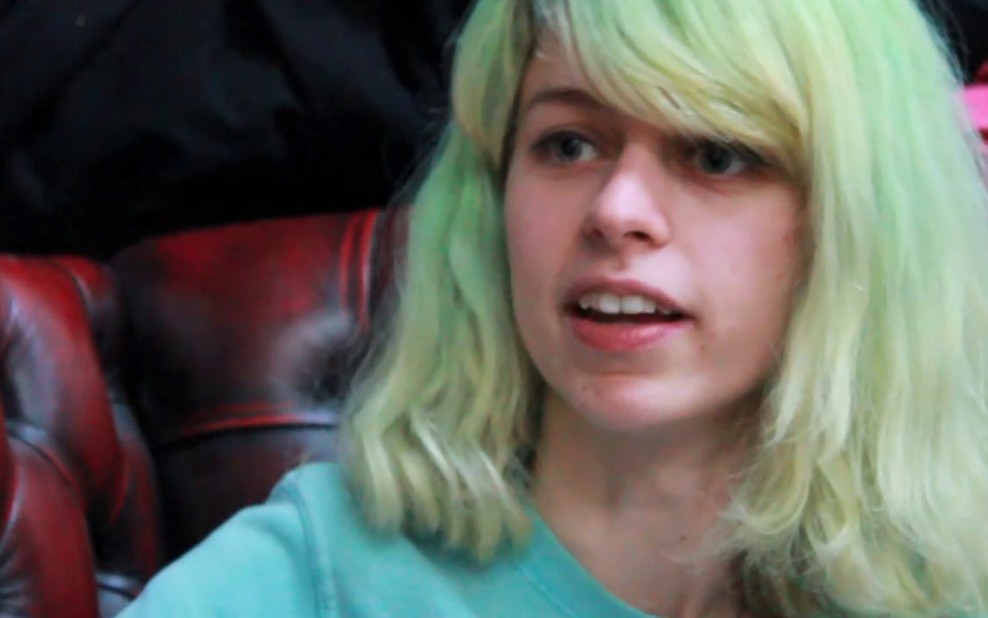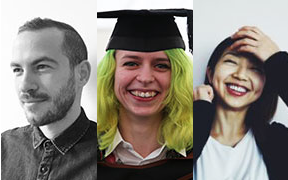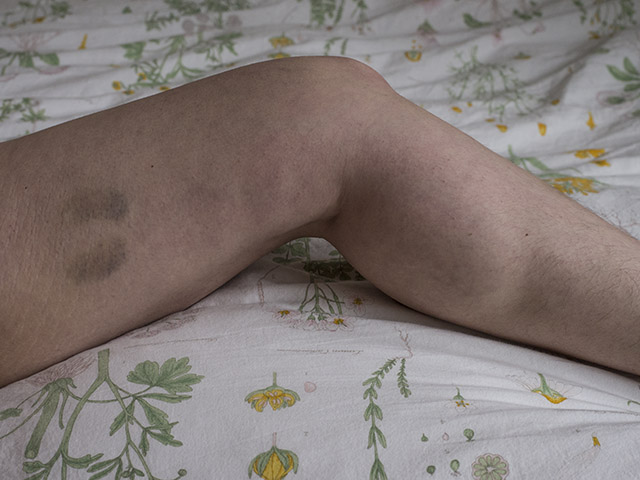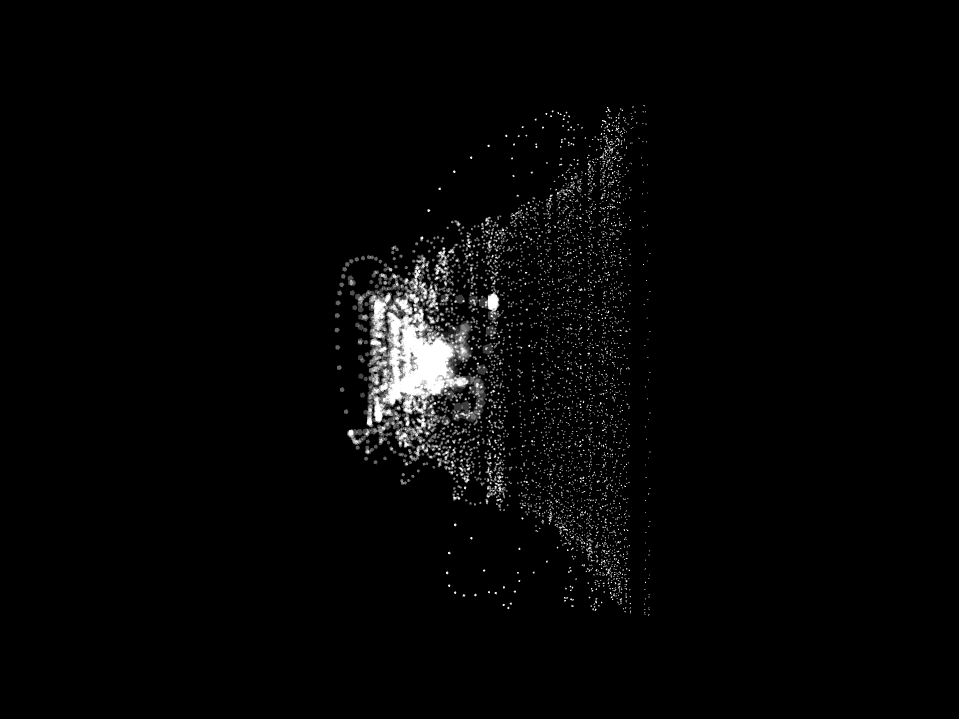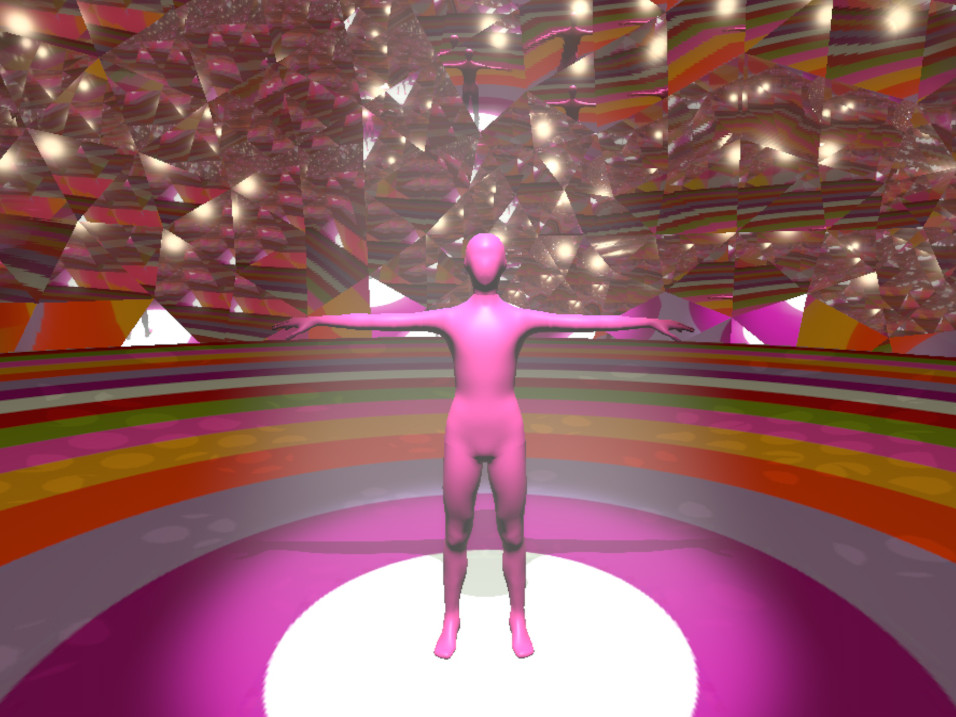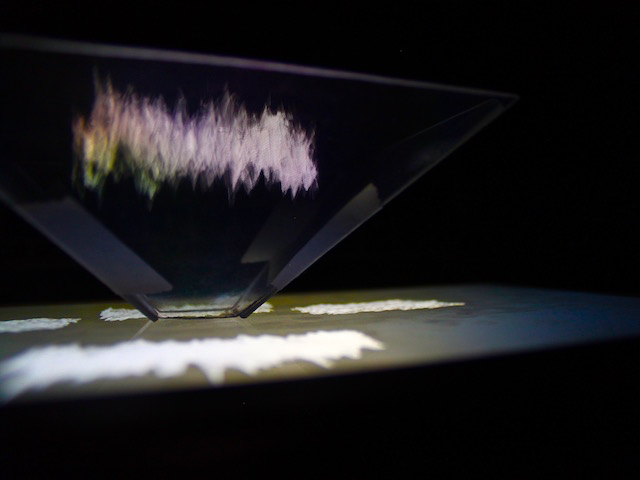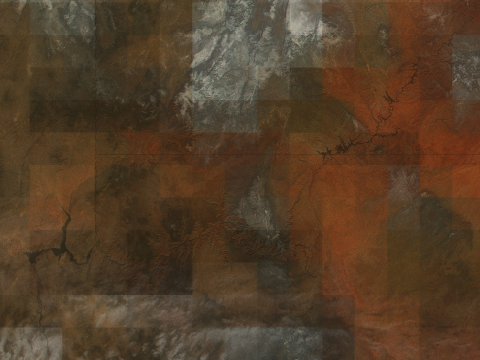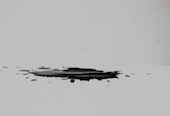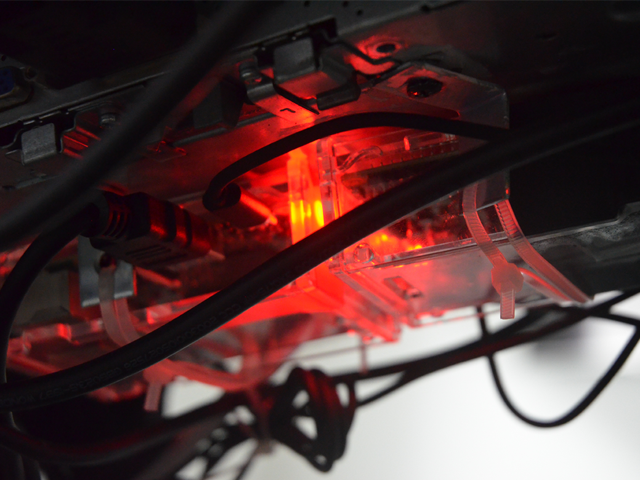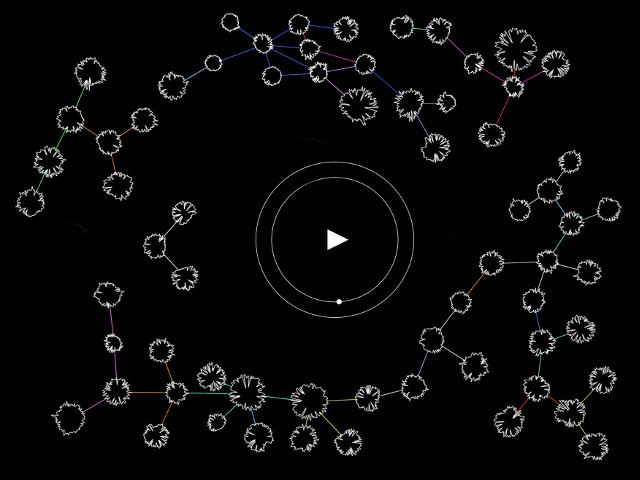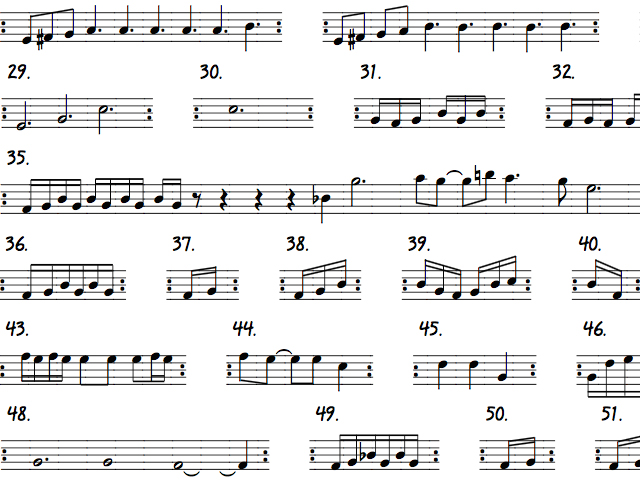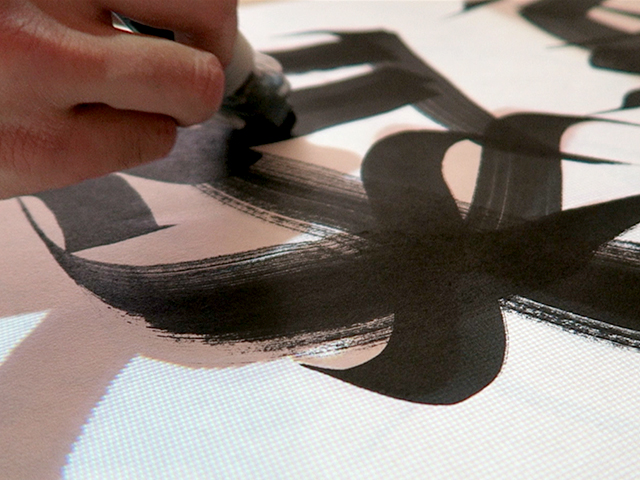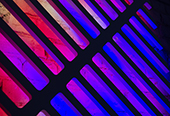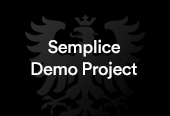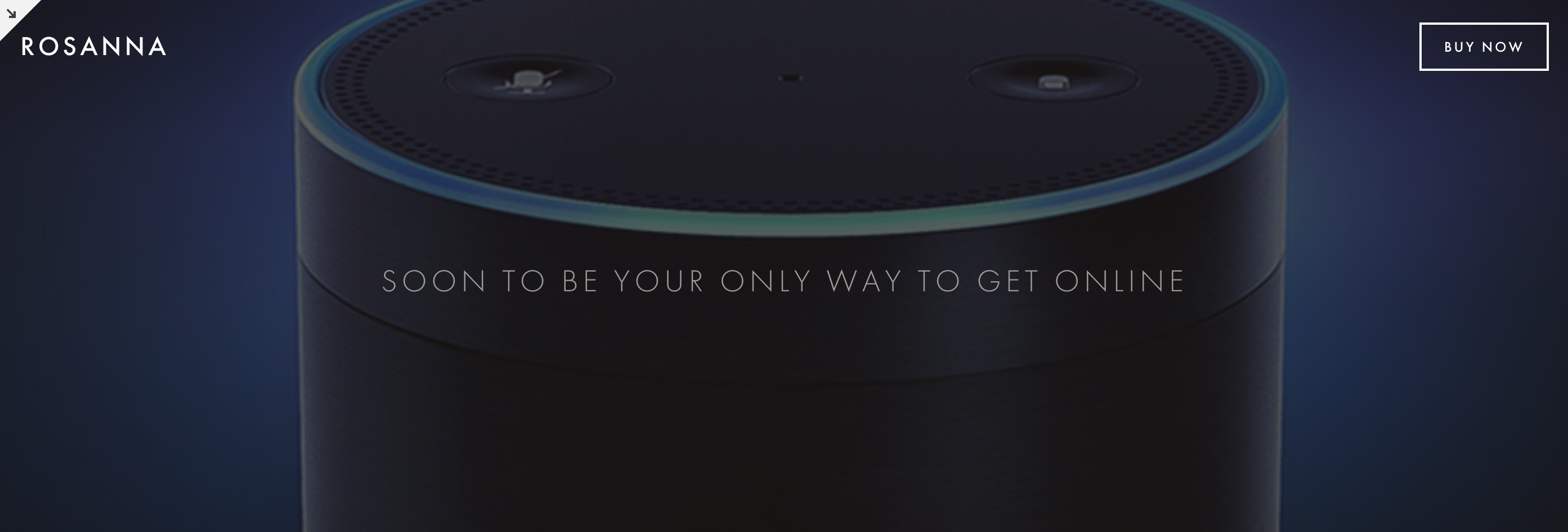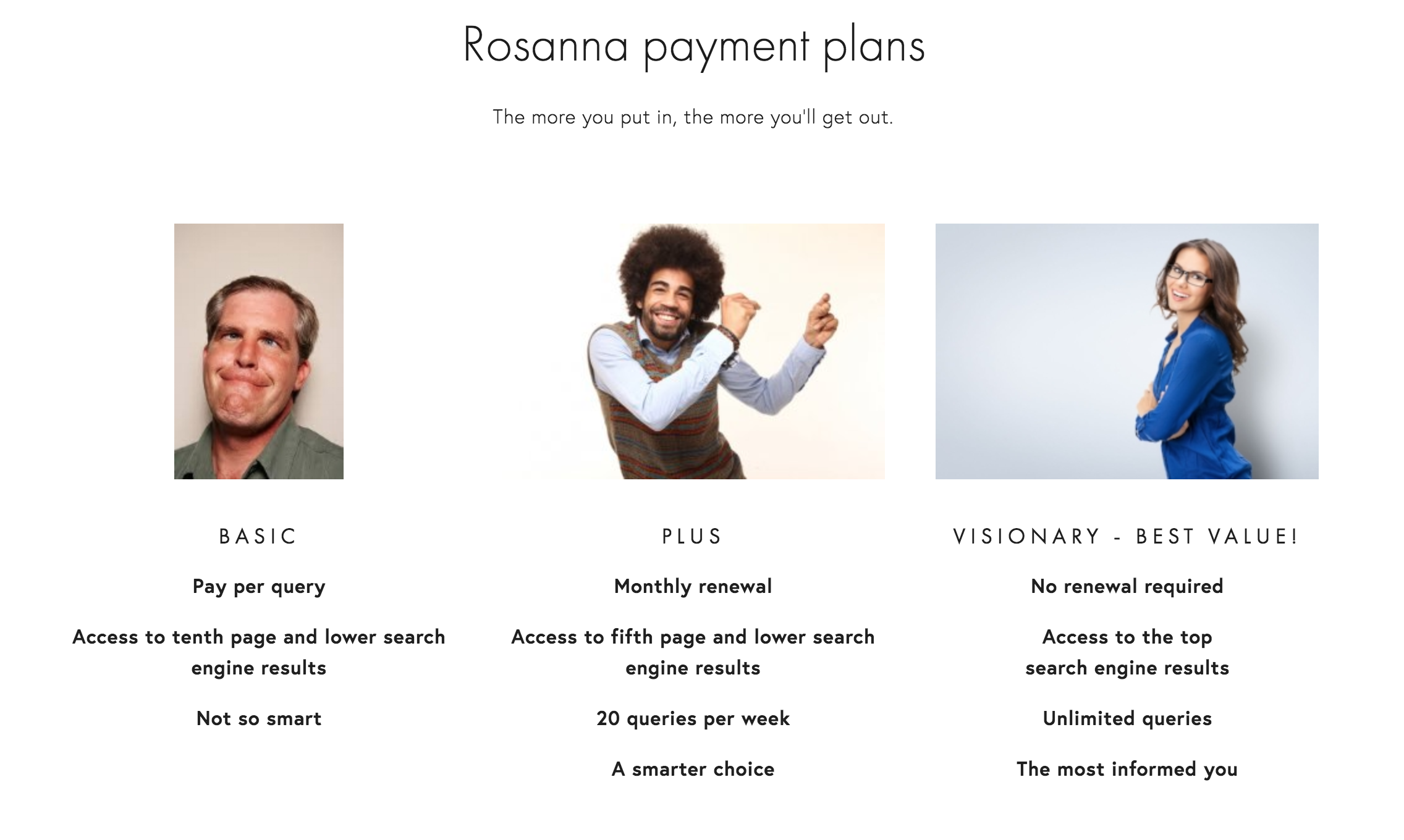Rosanna
produced by: Elias Berkhout, Amit Segall and Laurie Carter
When we started our research project, we were interested in exploring gentrification through capturing the sounds that have constituted Deptford’s rich history. Owing so much of its existence to the Royal Docks, the banks of the Thames were an obvious place for us to visit to scout for recording locations. Our project would take a turn over the following weeks as we were not satisfied that we were sticking closely enough to the brief that we had received, however, standing on the south shore of the river looking up at the might of Canary Wharf inspired us to pivot our research away from gentrification and towards technocapitalism and privacy, inspired by Rosi Braidotti’s The Posthuman (2013).
Reading Luis Suarez-Villa’s Technocapitalism, we were struck by his notion that “society as a whole becomes the laboratory of technocapitalism. This is a laboratory that is certainly quite different from the traditional labs of experimental science, not only physically but also in terms of scope, governance, and reach, and, it is a laboratory in which all of society is forcibly engaged, through the commercial compulsion of the new order. All of society, in essence, becomes the guinea pig of corporate experimentalism.” In 2015, the Financial Times expressed that “what companies want are details that establish you as a commodity – to be harvested as a ‘data set’ and then sold on to insurers or advertisers, for example.” This commodification of human beings, through extracting insights from personal data, led us to research artists who had explored similar concepts and to ask why is it that we all seem so happy to share so much of ourselves without knowing what our data is then used for.
Owen Mundy is an American artist who created two works relevant to our research. Give Me My Data (2011-2016) and I Know Where Your Cat Lives (ongoing), are online artefacts which invite users to question how comfortable they are with their personal data being freely available online. By offering very simple tools, Mundy encourages users to amend their privacy settings, giving some of the power back and taking it away from the corporation. This warning of observers to act was something we aspired to include in our artefact.
We then continued to research the notion of data as currency, becoming interested, as Android Central expressed, that “we all need to realise how valuable our information is and that data is now currency. Then we need to make a conscious effort to spend it wisely.” This wisdom, we felt, seems to apply so many of us and with the increasing ubiquity of ‘smart’ devices, the Internet of Things and the rise of voice technology, it is easy to assume that things are only going to get worse.
According to Google, 20% of mobile searches on Android are now made by voice, and there has been a sharp spike in sales of home assistant devices, with Google, Amazon, Apple and Microsoft all fighting for space. These devices are made from simple components and are designed to be left on indefinitely in your home, continually listening to everything. The microphone can only be disconnected manually, but their voice recognition algorithms are becoming more and more sophisticated, with the ultimate aim of making human interaction seamless, and allowing us to forget that we are interacting with technology at all. We felt that this was a fertile area to explore for our artefact and decided to envisage two different voice controlled products of the future, both called Rosanna.
The two avenues we imagined Rosanna appearing on were divided into an ambivalent outlook and a more pessimistic outlook, with the ambivalent offering some kind of privacy ‘assistance’: a side kick of some sort inspired by browser addons such as Privacy Badger, Ghostery and Panopticlick. The more pessimistic outlook involved a Rosanna which would withhold or provide information depending on what data the user was willing to share with it. Throughout this process we tried to view our artefacts (and the existing artworks we had researched) through the lens of Walter Benjamin’s The Author As Producer (1934), whereby he states that an artwork which does not actively interact with its audience, and then use the audience’s input to subvert the means of production, only furthers a (techno)capitalist agenda. This was an important through-line from our original research on technocapitalism and the posthuman. A perspective that we thought was lacking from our research, and could be an interesting area to look into in the future, was the idea of “data accelerationism”. The vast majority of academic work we were able to find focused on the user hiding themselves away from prying eyes, as opposed to bombarding systems with useless data in the way that an add-on like AdNauseum does. AdNauseum incessantly clicks on every ad on a page in the background, to confuse databases and attempt to overload them with meaningless clicks. Unfortunately, in this day and age (and with the pessimistic iteration of Rosanna) most users would simply use the device for convenience, and finding a way to hack the device and somehow protest against data collection is another rich area for possible future research.
Below is a mocked up website to advertise our pessimistic Rosanna product along with associated payment plans.


